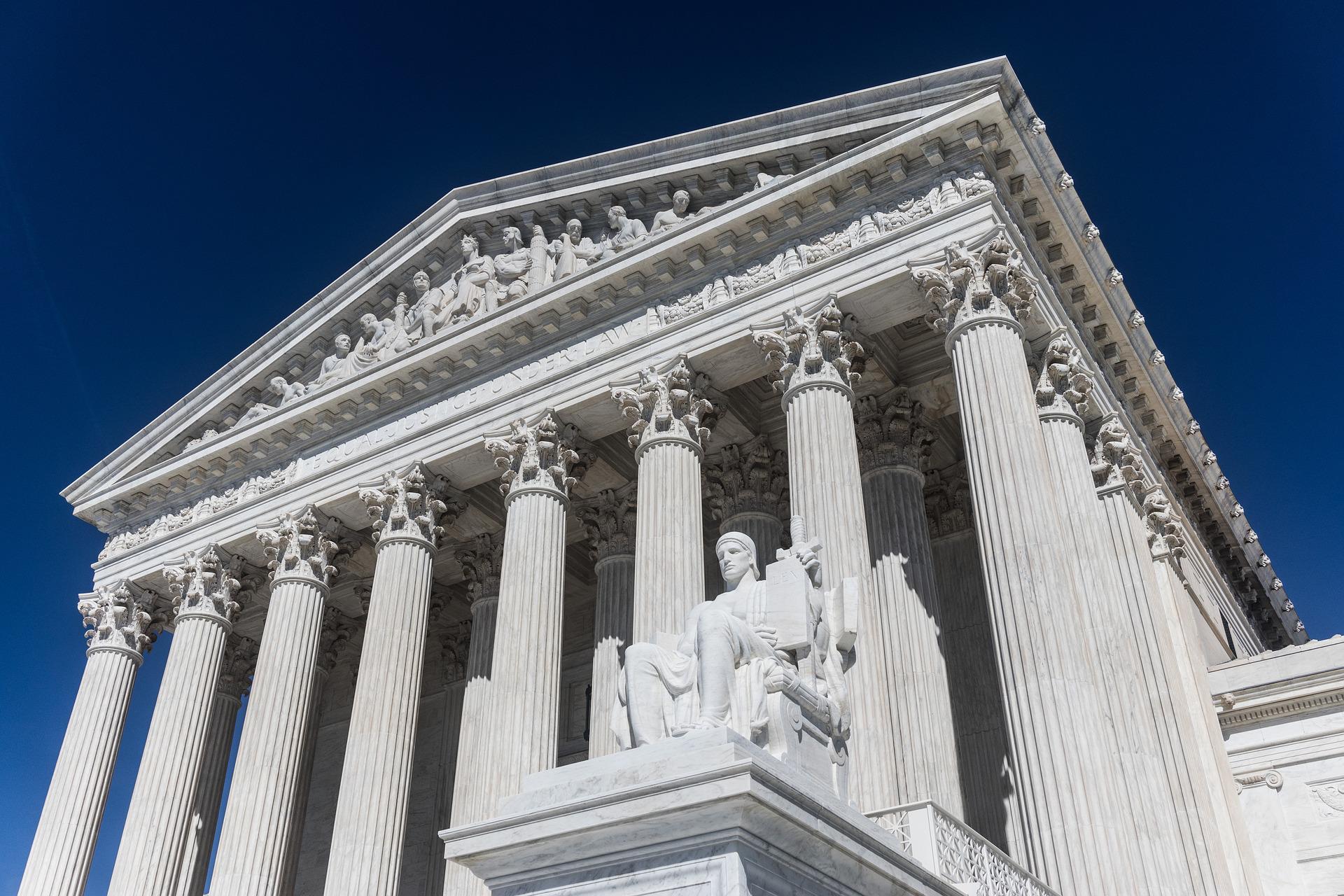As the ancient Romans said - "Any definition in civil law is dangerous because it rarely cannot be challenged" (Latin: ""Omnis definitio in iure civili periculosa est: parum est enim, ut non subverti posset"). However, as it turns out, today, both faulty statutory definitions and the lack of any definitions pose a threat to legal certainty, trading security and, ultimately, the efficiency of judicial proceedings.
The purpose of the legal assistance we provide is also to correct the imperfections of legislative technique. When preparing, reviewing and negotiating contracts, we try to take the client's interests into account as much as possible, adapting the content of the contract to his individual needs. Often, however, it is too late to correct the content of the contract because it has already been signed and the client's situation requires protection of his rights in court. Then, you should focus on a rational and at the same time favorable interpretation of the contract for the client, determining procedural tactics and collecting evidence.
One example of the threats caused by the lack of a statutory definition is Art. 128(1)1Code of Civil Procedure. According to its content, a procedural document submitted by a professional attorney should include "clearly separated statements, claims and conclusions, including requests for evidence". The legislator did not define what should be understood by the term "clear separation", which is why we are already seeing pleadings containing the formula: "I expressly distinguish the following statements, assertions and conclusions: .... Moreover, the legislator did not define what "statements, claims and conclusions and whether, for example, "statement" there is also denial.
The problem discussed, contrary to appearances, is not only theoretical. In the above provision, the legislator indicated a sanction for submitting a request for evidence in the justification of the pleading. Such requests shall be deemed not to have been reported. However, there is no reservation as to the consequences of the situation in which, in the Court's opinion, "statements, claims and conclusions were not distinguished clearly enough in the content of the pleading. So far, no practice has been established in this area. It is therefore possible that in some courts there will be an interpretation according to which the violation of the above requirements does not cause any negative consequences, and in others - that these shortcomings justify the return of the letter on the basis of the norm of Art. 130(1a) § 1 of the Code of Civil Procedure2, unnecessarily prolonging the proceedings.
To sum up, we invariably declare that we will exercise the greatest care when providing legal assistance, including when preparing procedural documents. However, it is difficult for us to avoid the assessment that, despite the "corrective" intentions of the legislator, the introduced amendment may (at least temporarily) have a negative impact on the efficiency of civil proceedings. Based on our many years of court practice and taking into account the professionalism of legal representatives, we believe that the provision of Art. 128(1) of the Code of Civil Procedure as unnecessary. We also hope that the Supreme Court and common courts will correct the legislator's error by giving reasonable content to the norm of Art. 128(1) of the Code of Civil Procedure.
This entry contains general information about the legal issue discussed. It does not constitute legal advice or a solution to a specific case or legal problem. Due to the unique nature of each factual situation and the variability of the legal status, we recommend seeking legal advice from our law firm.
The above-mentioned regulations:
[1] Art. 1281 A letter submitted by a party represented by a lawyer, legal advisor, patent attorney or the Attorney General of the Republic of Poland should contain clearly separated statements, claims and conclusions, including evidentiary applications. If the letter contains a justification, evidentiary requests submitted only in this justification do not produce the effects that the Act attaches to their submission by the party.
[2] Art. 1301a§ 1. If a procedural document submitted by a lawyer, legal advisor, patent attorney or the Attorney General of the Republic of Poland cannot be given the correct course due to failure to comply with the formal conditions, the presiding judge returns the document without requesting its correction or supplementation. Incorrect marking of the pleading or other obvious inaccuracies do not prevent the pleading from being processed and recognized in the proper manner.

